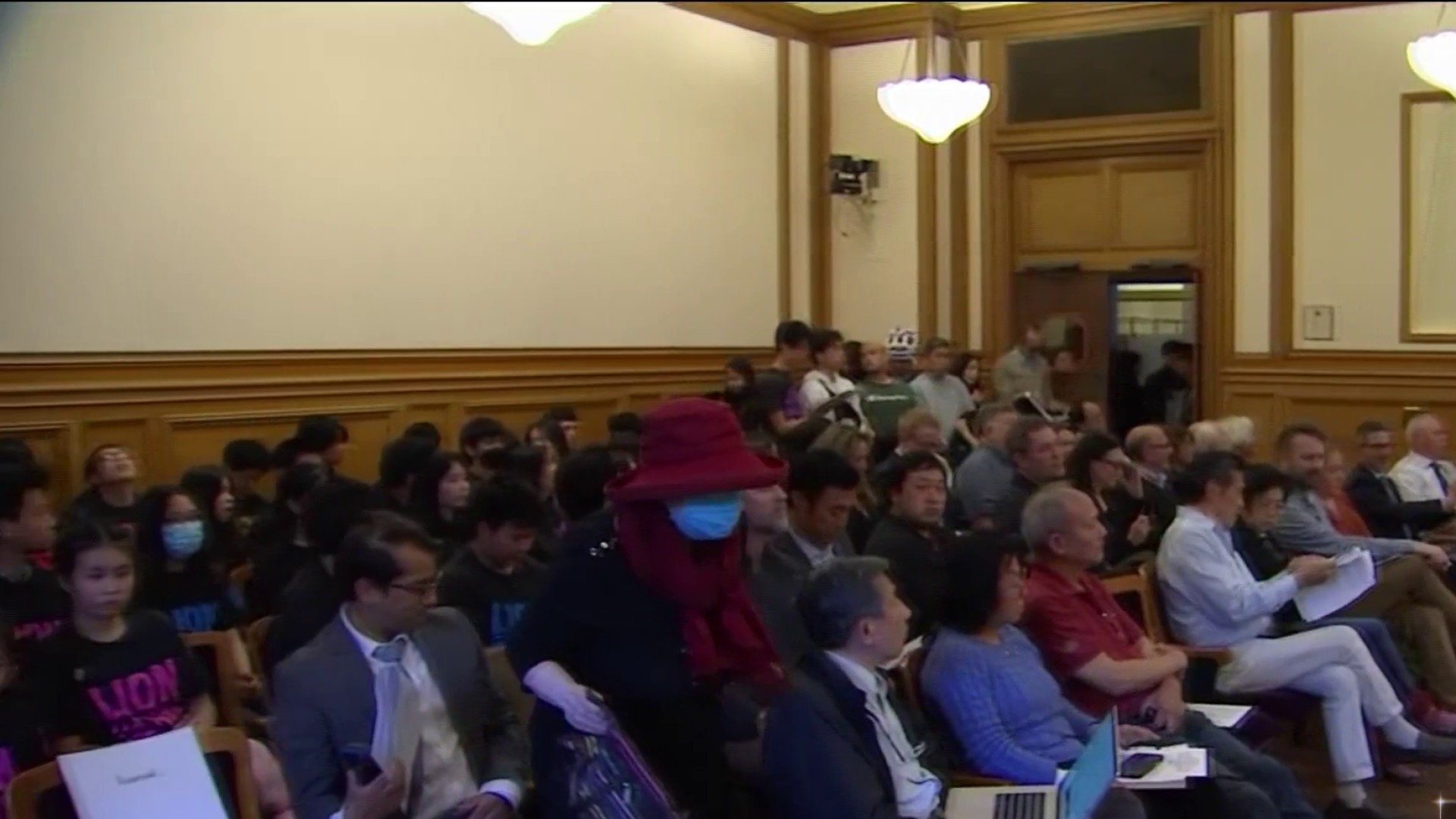The last of three men convicted of hijacking a school bus full of California children nearly four decades ago was denied parole for the 16th time on Thursday.
A panel decided that Frederick Woods will stay in prison even though the two men convicted with him, brothers Richard and James Schoenfeld, already have been released.
Woods, 64, can apply for parole again in three years.
The three men, all from wealthy San Francisco Bay Area families, were given life terms for kidnapping the 26 children and their school bus driver near Chowchilla in 1976. They buried them in a ventilated underground bunker about 45 miles east of San Francisco, and the victims were able to dig their way out more than a day later.
"What makes him different from the other two inmates who were released, he's had disciplinary infractions," Jill Klinge, an Alameda County assistant senior deputy district attorney, said after the hearing. They included three for possession of pornography in 2002-3 and two for possessing contraband cellphones in 2013-14.
"He hasn't learned to follow the rules," added Madera County District Attorney David Linn. "Just because you come from a privileged background like his doesn't mean you can say they don't matter."
Linn also credited several victims who spoke against Woods' parole at the hearing, though several other survivors testified that their kidnapper should be released after 39 years behind bars.
"Their statements were right on point and tugged at the heartstrings," Linn said. "Justice was done today."
Woods attorneys, Scott Handleman and Gary Dubcoff, did not return repeated telephone and email messages after the hearing at the California Men's Colony in San Luis Obispo.
Local
The three men received life sentences for kidnapping the children, ages 5 to 14, following a change of venue from Madera County to Alameda County because of publicity before trial. An appeals court later reduced their sentences to life with the possibility of parole.
Gov. Jerry Brown paroled James Schoenfeld in August. An appeals court ordered Richard Schoenfeld released in 2012.
Woods' parole was backed by some prominent supporters, including Democratic U.S. Rep. Anna Eshoo of Palo Alto.
"While his crime was a heinous one, I believe he has paid his debt to society," she said in a Sept. 15 letter to the Board of Parole Hearings.
But some of his victims said he remains too dangerous to be freed.
"I think they need to be watched eternally, the rest of their lives," victim Lynda Carrejo Labendeira, who was 10 at the time, said in a telephone interview days before the hearing.
The three men plotted for more than a year to ransom the children for $5 million from the state Board of Education.
James Schoenfeld told commissioners at his April parole hearing that he was mired in debt and envious of friends in their neighborhood who had "his-and-hers Ferraris."
Woods said at his last parole hearing in 2012 that he didn't need the money. At age 24, he had owned a successful trucking, auto painting and wrecking yard, according to a transcript of his last parole hearing.
"I just, you know, got greedy," he told parole commissioners then.



